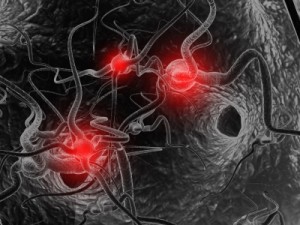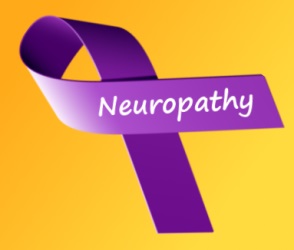For managing diabetes, information can be a lifesaver. If you’ve recently been diagnosed with diabetes, then it’s important to start educating yourself immediately. If you’ve been managing symptoms of type-1 or type-2 diabetes for years, then it’s helpful to check up on recent medical breakthroughs in glucose management and diabetic neuropathy.
Listed are 20 influential websites that provide a wealth of tips, resources, and medical advice for all aspects of diabetes. These include advocacy groups, community support forums, links databases, and medical information.
Tip: If you take metformin, then you may be at risk for severe vitamin B12 deficiency! Here are some excellent B12 Patches for diabetics, and a vitamin B12 cream.
Nervex is also very helpful for diabetic neuropathy, as it helps to provide natural nutritional support for nerve cell integrity.
20 of the Best Diabetes Websites
- SelfGrowth– Our company’s mission is to provide informative, quality Self Improvement and Natural Health information to help people improve their lives. We provide information ranging from Goal Setting and Stress Management to Natural Health and Alternative Medicine.
- Diabetes Self Management– Diabetes Self-Management is a publisher of authoritative, reliable health information for the growing number of people with diabetes who want to know more about controlling and managing their diabetes.
- Healio Diabetes Page– Designed as an in-depth specialty clinical information website, Healio.com features the industry’s best news reporting, dynamic multimedia, question-and-answer columns, CME and other educational activities in a variety of formats, quick reference content, blogs, peer-reviewed journals and a full line of popular book titles.
- Physician’s Briefing- Diabetes– By HealthDay, informational website with a large database of medical articles on diabetes and other illnesses.
- Pawluk– Board-Certified Family Physician, has training in Acupuncture, homeopathy, hypnosis and bodywork, is a national expert in the medical use of electromagnetics and energy medicine for more than 22 years.
- Healing Diabetes– Finding how to cure my diabetes is one of my missions in life and in this blog I share my experiences, research and advice on how to better control glucose and/or cure diabetes.
- T Minus Two– Personal blog on diabetes and mental health.
- endocrineweb– EndocrineWeb’s goal has been to provide patients with accurate and current information about endocrine disorders. In clear, straightforward language, we explain the causes and symptoms of these disorders and how they can be treated.
- Diabetes Developments– blog page for David Mendosa, freelance medical writer, advocate, and consultant specializing in diabetes.
- com Diabetes Health– About.com health section, administrated by diabetes expert Barbie Cervoni, RD, CDE.
- Healthline Diabetes– Healthline’s mission is to make the people of the world healthier through the power of information. We do this by creating quality health information that is authoritative, approachable, and actionable.
- butyoudontlooksick– Creator of the Spoon theory, online magazine about living life to the fullest with any disability, invisible disease, or chronic pain and features a collection of articles, personal stories, book and product reviews, health resource.
- American Diabetes Association– Advocacy network with a large selection of information, tips, and awareness campaigns for diabetes.
- Neuro Talk- Diabetes/Insulin Resistance / Metabolic Syndrome– Neuropathy community forum, this section focuses on all topics related to diabetes.
- Six Until Me– Personal blog about life with type 1 diabetes.
- The Girl’s Guide to Diabetes– Personal blog with resources, links and articles for diabetes among women.
- The Diabetes Resource– Very large database with hundreds of links to resources, medical articles, and parenting tips for diabetes.
- Diabetes Digest– Easy-to-read, up-to-date articles about all aspects of managing your diabetes, including weight control, blood glucose monitoring and medications.
- We Are Diabetes– We Are Diabetes is an organization primarily devoted to promoting support and awareness for the eating disorder diabulimia. We are dedicated to providing support, hope and resources to those who suffer from diabulimia, as well as to their families and loved ones.
- Children With Diabetes– The online community for kids, families and adults with diabetes.
Do you have any diabetes pages that you’d like to suggest? Please feel free to comment below!




